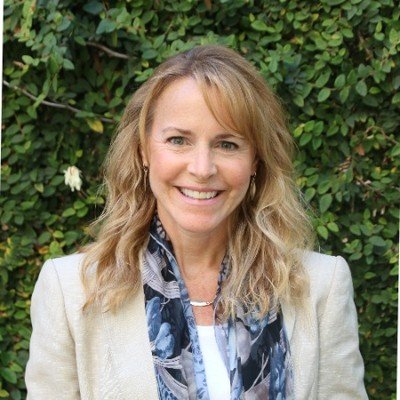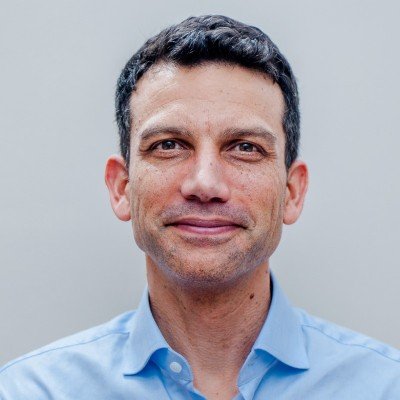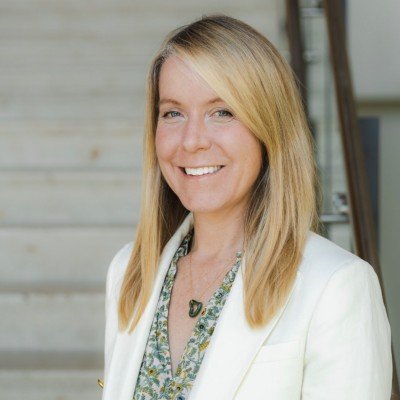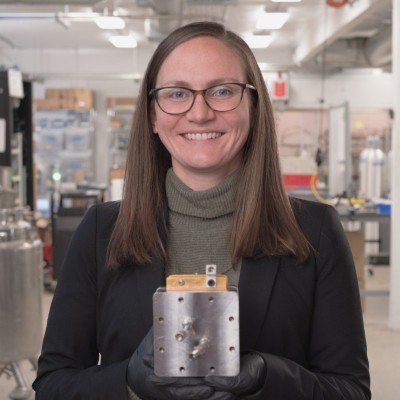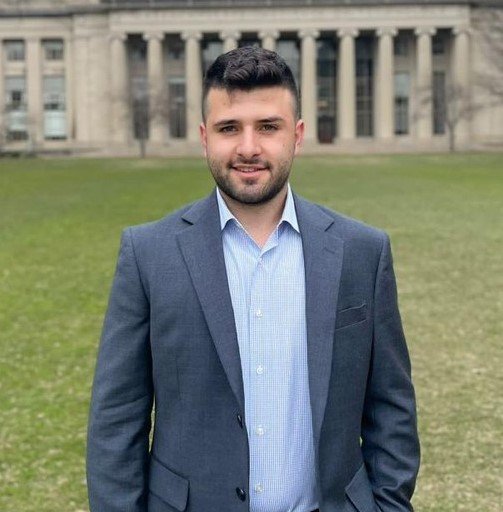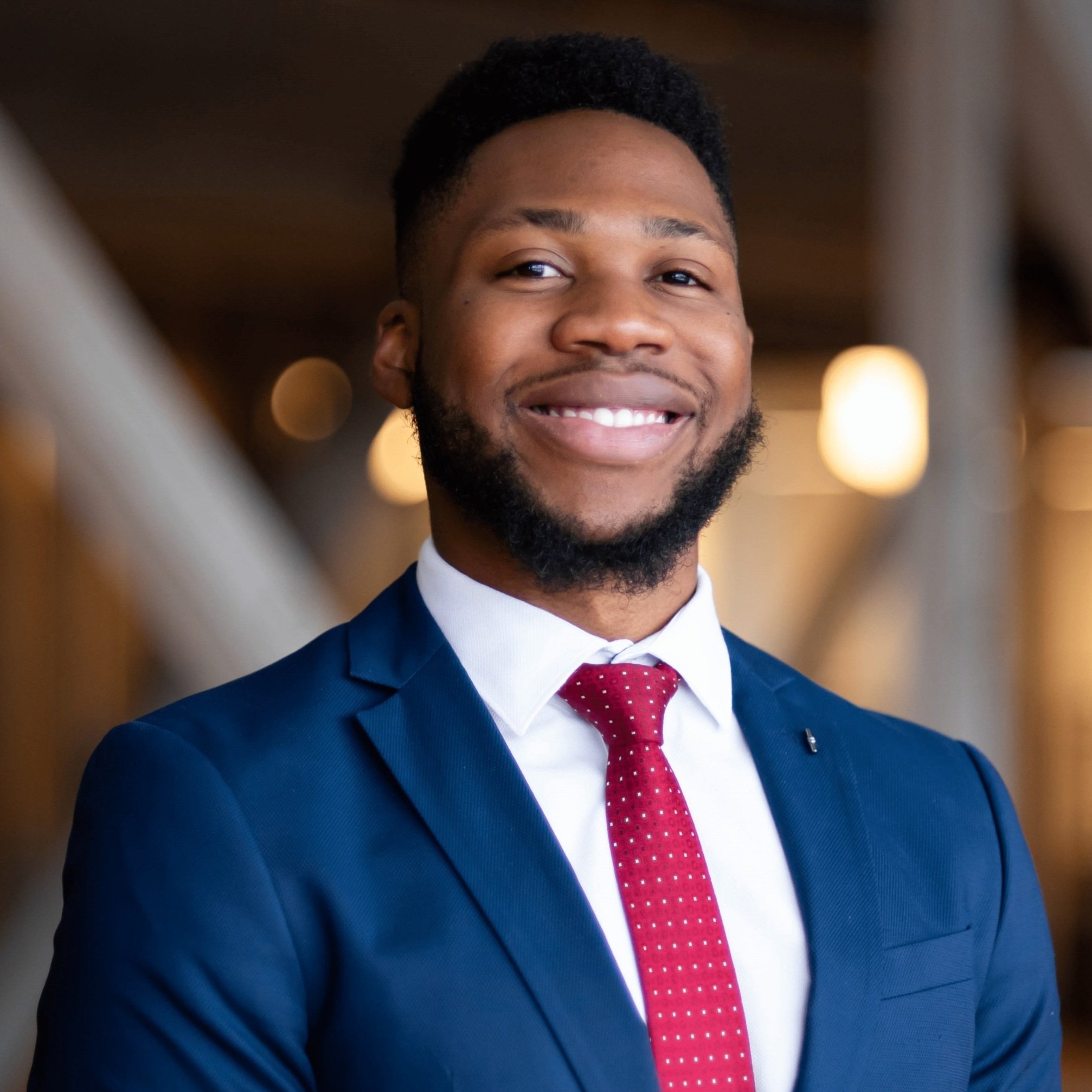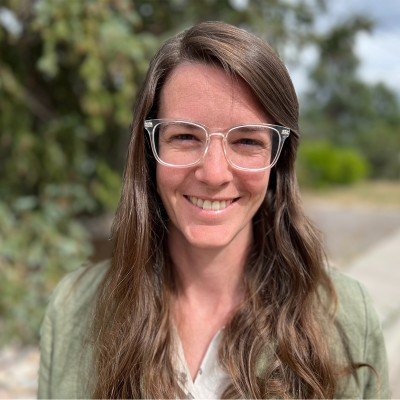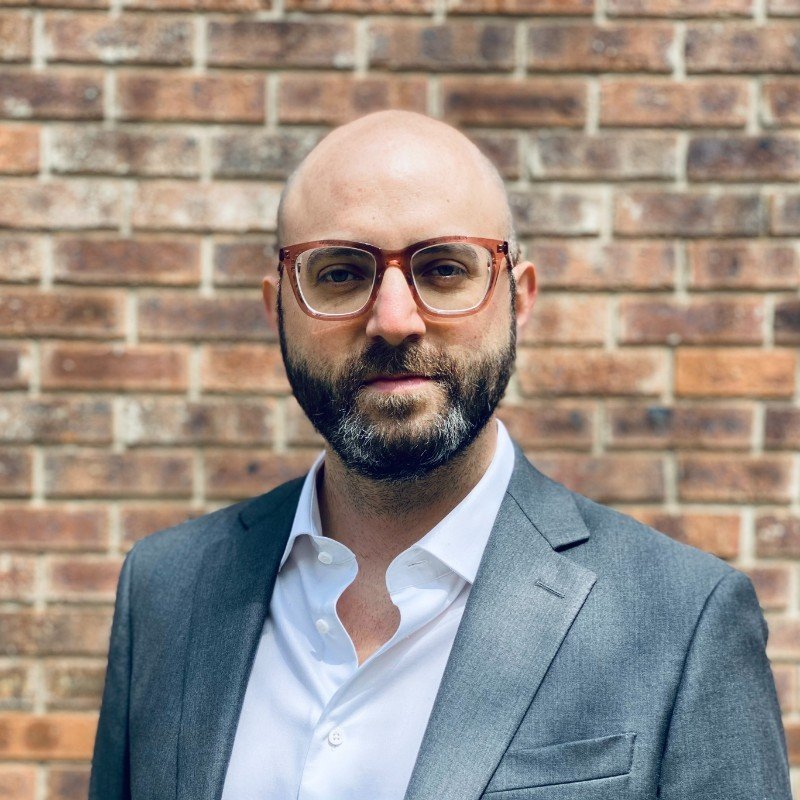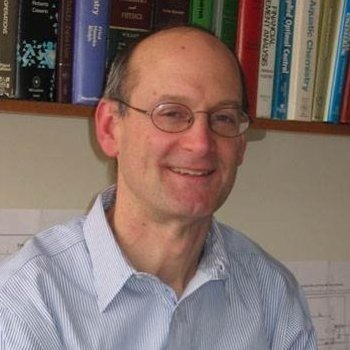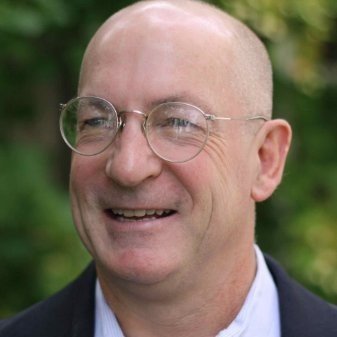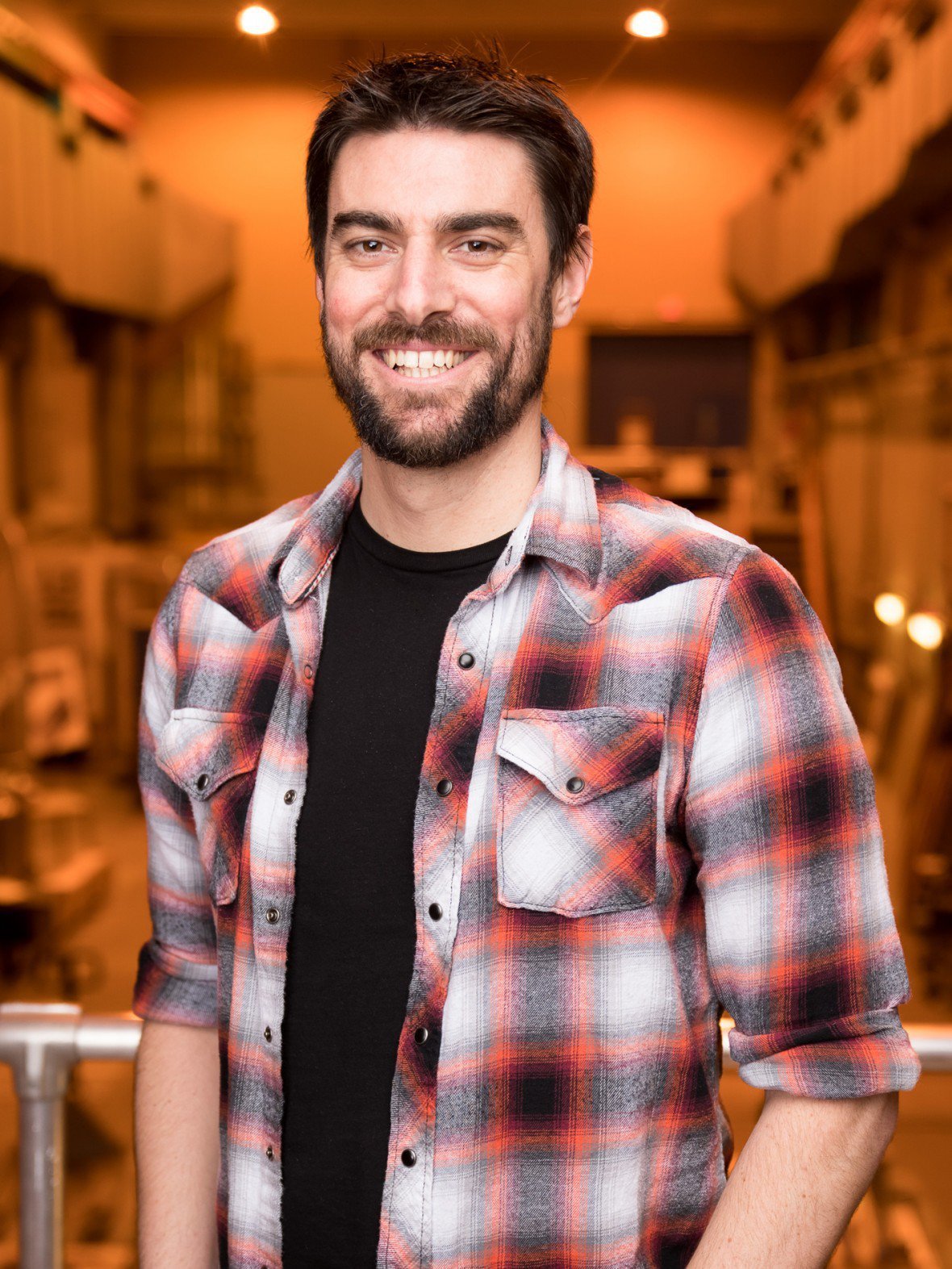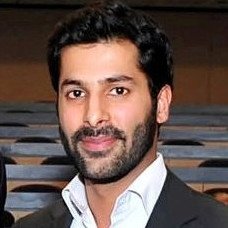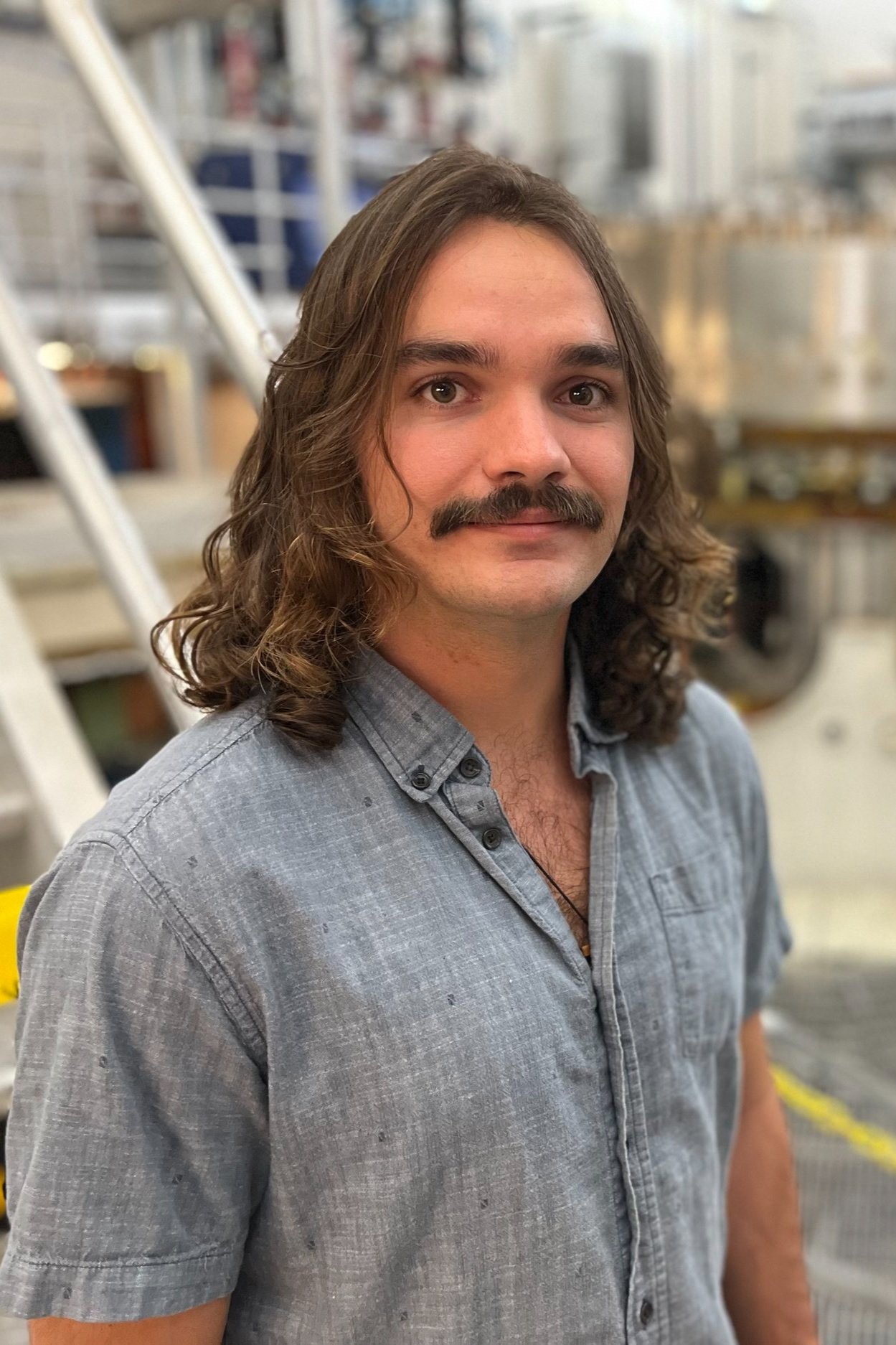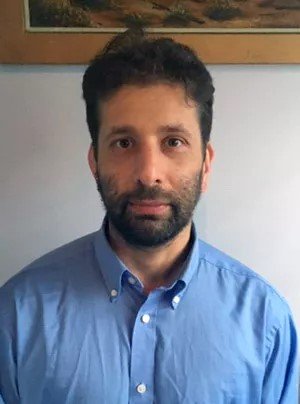
2024 | SHORT AND LONG: BUILDING THE RIGHT PORTFOLIO FOR THE ENERGY TRANSITION
KEYNOTE SPEAKERS
-
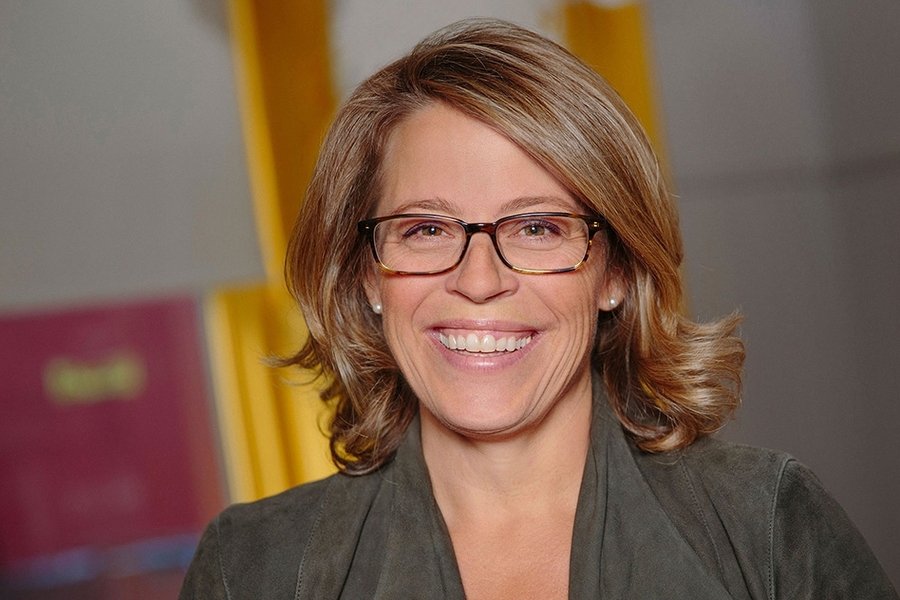
Katie Rae
The CEO & Managing Partner of Engine Ventures. She serves as a Board Member of multiple of The Engine Ventures’ portfolio companies, including Commonwealth Fusion Systems and Boston Metal. A seasoned investor and tech executive, Rae has invested in about 100 companies - including Pillpack and Flywire - served as an advisor to hundreds of founders, and co-founded the Equity Summit.
-

Daniel Kammen
The James and Katherine Lau Distinguished Professor of Sustainability at the University of California, Berkeley. Kammen was the First Chief Technical Specialist for Renewable Energy and Energy Efficiency at the World Bank. He has served as a contributing or coordinating lead author on various reports of the Intergovernmental Panel on Climate Change (IPCC) since 1999, including the 2007 IPCC that shared the Nobel Peace Prize.
-

Michael Bates
The Global General Manager of Intel’s Energy Center of Excellence. Bates leads efforts to apply next-generation computing to optimize distributed energy loads. For more than 30 years, he has worked at the leading edge of new concepts and business models in distributed energy, and the intersection of traditional energy and technology. He has collaborated with global utility, energy, and technology leaders to drive forward economically viable and sustainable energy models.
-

Yet-Ming Chang
The Kyocera Professor in the Department of Materials Science and Engineering at MIT. Professor Chiang is an elected member of the National Academy of Engineering, a recipient of the World Economic Forum's Pioneer Award, and a member of The Times 100 Climate list. He has co-founded multiple companies in the energy and climate space, including Form Energy and Sublime Systems.
-

Vanessa Z. Chan
Chief Commercialization Officer for the Department of Energy. She also heads the Office of Technology Transitions, driving private sector adoption of clean energy technologies across DOE, National Laboratories, and other facilities nationwide. With two decades of experience spanning academia, Fortune 1000 companies, and startups, she specializes in bridging technology and business growth in diverse industries.
-

Jonathan Winer
Co-founder and Co-CEO of Sidewalk Infrastructure Partners (SIP), led private equity platforms for 20 years, investing over $3B in technology-driven real assets. Formerly, he headed investments for Alphabet’s urban innovation platform and founded Nereus, an Asia-focused alternative energy infrastructure fund. Prior to Nereus, Jonathan worked at the D. E. Shaw group where he built private equity team across venture capital, growth equity, and structured finance.
-

Justina Gallegos
Justina Gallegos serves as the Deputy Director of the White House Office of Science and Technology Policy (OSTP), leading a new Industrial Innovation division. Core to the Biden-Harris Administration’s economic agenda is an ambitious industrial strategy to rebuild U.S. manufacturing and re-shore supply chains, achieve the nation’s net-zero greenhouse gas goals, create place-based ecosystems that support high-quality jobs, and bolster national security. Gallegos leads efforts focused on advancing innovative technologies and strengthening critical industrial bases.
-

Elizabeth Cook
Vice President of Technical Strategy, Association of Edison Illuminating Companies. At AEIC, Elizabeth leads strategic initiatives in electric energy innovation and operational excellence. Previously, she served as Director of Advanced Grid Systems + Grid Modernization at Duquesne Light Company (DLC), driving organizational change to establish DLC as a digitally forward utility. Her expertise in fostering collaborations with stakeholders at all levels was instrumental in driving advanced grid solutions and envisioning the future of the power grid.
-

Sally Kornbluth
Sally Kornbluth is MIT's 18th president. Since she joined MIT in January 2023, President Kornbluth has fostered bold thinking – from solutions to dramatically accelerate progress against climate change, to helping ensure the power of AI is harnessed for good, to forging daring new links between engineering and life science.
PANELS
OFFSHORE WIND
Winds of change in offshore landscape
In this upcoming panel discussion, we explore the evolving landscape of U.S. offshore wind energy. This session features experts in industry and academia who will discuss how we can foster an ecosystem to accelerate offshore wind research, development, and deployment, especially in these uncertain times. The dialogue will focus on the collaborative efforts across government, industry, and academia, to tackle the unique challenges and opportunities facing the U.S. offshore wind sector.
Panelists
Tone Søndergaard
Director of Offshore Wind Innovation Hub, NYU Urban Future Lab
Lyndie Hice-Dunton
Executive Director, National Offshore Wind Research and Development Consortium
Michael Howland
Esther and Harold E. Edgerton Assistant Professor of Civil and Environmental Engineering
Moderator
Ramy Imam
Research And Development Manager, LAUTEC Group
TRAINING THE TRANSITION
Developing and sustaining a skilled workforce for the energy transition
The “Training the Transition” panel will discuss the impact of the green transition on the workforce and paths forwards to create an inclusive and equitable transition. As the world pivots towards sustainable practices and renewable energy sources, there is a critical need to explore the implications of this shift for the individuals comprising the backbone of our workforce. The panel will delve into topics such as workforce policy, retraining opportunities, and the creation of new employment sectors within the green economy. Ultimately, the goal is to enable the green transition while prioritizing the well-being and sustainable livelihoods of the workforce.
Panelists
Kate Ringness
Chief Strategist and Senior Advisor, U.S. Department of Energy
Adam Klauber
Vice President of Sustainability and Digital Supply Chain, World Energy
Bethany Patten
Director of Policy and Engagement, MIT Sloan Sustainability Initiative
Moderator
Andrew Grabowski
System Design and Management Masters Student, MIT
GREEN CHEMISTRY FOR BLUE SKIES
Scaling biotechnology and electrochemistry to decarbonize manufacturing
Manufacturing (chemical, cement, steel, textile, etc.) accounts for about 30% of global carbon emission. Chemistry is at the core of manufacturing and recent advances in biotechnology and electrochemistry have shown promise in revolutionizing manufacturing to mitigate carbon emission. In this panel, we will discuss transformative technologies in the realm of biotechnology and electrochemistry-based manufacturing and challenges with scaling these technologies to compete with traditional industries.
Panelists
Christina Chang
Partner, Lowercarbon Capital
Michael Köpke
Chief Innovation Officer, LanzaTech
Kathryn Corp
Senior Technical Program Manager, Twelve
Moderator
Allen Lee
Postdoctoral Associate, MIT
Chemical Engineering
NEXT GENERATION GEOTHERMAL
Leveraging existing oil and gas infrastructure and expertise for geothermal expansion
This panel delves into the symbiotic relationship between the established oil and gas sector and the burgeoning geothermal energy landscape. In this discussion, industry titans, innovators, and experts converge to explore how the formidable technological prowess, operational expertise, and infrastructure of the oil and gas industry can propel the evolution of geothermal solutions. Examining collaborative strategies, market dynamics, environmental stewardship, and regulatory frameworks, our panel seeks to unravel the transformative potential of this unlikely alliance, charting a course towards a sustainable and diversified energy future.
Panelists
Gabriel Malek
Chief of Staff , Fervo Energy
Akshay Sahni
General Manager Strategy and Technology at Chevron Technology Ventures
Robert Klenner
Director of Geothermal Technology & Innovation, Baker Hughes
Moderator
Jerome Sfeir
PhD Candidate, Texas A&M University
Leveraging all forms of capital to advance climate goals
As the climate and climate tech become more mature industries, their financing needs are evolving. While there is still a need for smart venture capital, there is also an increasing need for project finance, debt financing, and bespoke financing for first-of-a-kind projects. At the same time, the climate venture market is entering uncertain territory as high interest rates are impacting potential returns for venture investors and LPs. Our panelists will discuss trends in climate/climate-tech capital and make predictions for how the market will evolve in 2024 and beyond.
THE EVOLVING CAPITAL STACK FOR CLEAN-TECH
Panelists
Christian Okoye
Investor in Emerging Technologies, Generate Capital
Pieter Houlleberghs
Managing Director, Decarbonization Partners
Victoria Beasley
Partner, Gigascale Capital
Christopher Ames
Global Sustainable Finance Coverage Group, HSBC
Moderator
Obi Igwe
MBA Candidate, MIT Sloan School of Management
HOW IS SHIFTING DOMESTIC ENERGY POLICY A GAME CHANGER FOR FIRST-OF-KIND TECHNOLOGIES?
Entrepreneurs and policy-makers discuss progress in the sector
In the fall of 2022, President Biden signed the historic (and the biggest) federal climate legislation also known as the Inflation Reduction into law. The legislation has kicked off a stunning boom in clean energy manufacturing in the United States by attracting billions of dollars of investments from both domestic and foreign firms, be it an electric vehicle, a sprawling solar array, or the whirring blade of a wind turbine. The law is also a game-changer for developing first-of-kind technologies like green hydrogen, geothermal energy, long-duration energy storage, carbon capture, etc. This panel brings the policy and industry leaders together to discuss how the shifting domestic energy policy landscape is making public and private partnerships possible to break through technologies of the future to meet the 1.5°C global warming goal.
Panelists
Jonah Wagner
Principal Assistant Director for Industrial Innovation and Clean Energy, White House Office of Science and Technology Policy (OSTP)
Paul Wilkins
Vice President for Policy and Government Engagement, Electric Hydrogen
Colleen Wright
VP of Corporate Strategy, Constellation Energy
Chris Hansen
Colorado State Senator
Moderator
Daksh Arora
Moderator, Project Engineer at GameChange Solar
DECARBONIZING THE BUILT ENVIRONMENT
Beyond low-hanging fruit in building decarbonization
With the built environment being responsible for a significant portion of global emissions, its decarbonization cannot be overlooked. In this panel, we will spotlight the dynamic intersection of policy, technology, and investments in the effort to decarbonize commercial and residential real estate. Our panelists, comprising industry thought leaders and experts, will unravel the intricate interplay between governmental policies, cutting-edge technologies, and strategic investments driving sustainable transformations. Join us for an engaging discussion to explore how these three pillars will shape the future of decarbonization initiatives and how we approach real estate development.
Panelists
Steve Weikal
MIT Real Estate Transformation Lab, Managing Partner MET Fund II
Reshma Singh
Senior Advisor, U.S. Department of Energy
Peter Merrigan
CEO & Managing Partner, Taurus Investment Holdings
Moderator
Shawn George
MBA Candidate, MIT Sloan School of Management
GRID RESILIENCY AND ENERGY STORAGE
Distributed energy resources and their integration into the grid
This panel will explore the dynamic interplay between fortifying power grids against disruptions and integrating advanced energy storage solutions for a sustainable and adaptive energy landscape. The panel will speak about how to enhance the resilience of power grids and ensure their ability to withstand and recover from various disruptions. Simultaneously, the discussion will pivot to the role of energy storage, encompassing both distributed energy resources (DERs) and their seamless integration into the grid. Experts will unravel the potential of energy storage solutions to not only bolster grid stability but also facilitate the effective incorporation of renewable energy sources, ushering in a more sustainable and responsive energy ecosystem.
Panelists
Neil Chatterjee
Former Chairman, Federal Energy Regulatory Commission
Jay Bellows
President, KORE Power
Caren Anders
NACD Certified Board Director - ISO New England, Retired Electric Utility Executive
Moderator
Samuel Crawford
Associate Director, Energy, Sustainability, & Infrastructure, Guidehouse
Building the value chain for recycled batteries
This panel navigates the evolving landscape of battery recycling, emphasizing the imperative to establish a robust value chain out from a currently nascent ecosystem. Against the backdrop of EU regulations mandating EV battery recycling (Summer 2023) and notable US startups incentivized by the Inflation Reduction Act, this discussion will address not only the techno-economic challenges of recycling batteries but also the crucial link between energy security and supply chain resiliency to support the growing demand for EV batteries.
CLOSING THE LOOP
Panelists
Alex King
Professor, Iowa State University;
Founder and Director, DOE Critical Materials Institute
Kinnor Chattopadhyay
Subject Matter Expert, SLB
Coleman Adams
CFO at Nth Cycle
Moderator
Taylor Moot
Innovation Advsior, RTI
LEADING THE ENERGY TRANSITION IN DEVELOPING COUNTRIES
Challenges in developing countries and real opportunities for leapfrogging
This session dives into the unique dynamics and potential breakthroughs in the energy sector of developing nations. Attendees will explore critical questions such as: How can these countries overcome infrastructural and policy obstacles to adopt sustainable energy? What role can international finance play in supporting these transitions? And, crucially, how can developing nations leapfrog to advanced energy technologies while balancing economic and environmental needs? This panel will be a thought-provoking exploration of the strategies and innovations essential for driving the global energy transition in some of the most challenging yet opportunistic contexts.
Panelists
Felipe Bayon
Former President and CEO, Ecopetrol
Diego Mesa
Deputy Head Climate Policy Division, IMF. Former Minister of Energy and Mines of Colombia
Christian Deseglise
Group Head of Sustainable Infrastructure and Innovation, HSBC
Moderator
Roberto Rigobon
Professor of Applied Economics, MIT Sloan School of Management
EV adoption and challenges with scaling charging infrastructure
Light-duty vehicles, alongside medium- and heavy-duty trucks were responsible for 23% of the US total GHG Emissions in 2021. While a 42% reduction in passenger car emission has been achieved since 1990 through advances in engine efficiency and fuel substitution, emissions associated with trucks and buses have doubled. This leads to the question: beyond the electrification of passenger cars, how can holistic decarbonization of land transportation be achieved? Analyzing cross-fleet systematic challenges, emerging solutions and scaling strategies, this panel seeks to provide a comprehensive understanding of the interdependencies between sectors and industries, and the role of fleets in the future of transportation energy
BEYOND ELECTRIC VEHICLES
Panelists
Benjamin Birnbaum
Partner, Keyframe Capital
Jared Katseff
Senior Expert , McKinsey & Company
John Moavenzadeh
Executive Director, MIT Mobility Initiative
Christina Ficicchia
Manager, Smart Grid Programs at AVANGRID
Moderator
Randall Field
Executive Director, MIT Future Energy Systems Center
FROM PLEDGE TO ACTIONS
How net zero commitments are catalyzing global decarbonization strategies and carbon emissions disclosure?
From Fortune 500 companies to large asset managers, leading firms and companies are taking decisive steps to 'future-proof' their businesses and portfolios by analyzing, disclosing, and mitigating climate-related risks. Many have made public net-zero commitments aimed at decarbonizing their operations by adopting more efficient processes, retiring and/or divesting heavily polluting assets, and buying high-quality carbon removals. Yet, this voluntary vanguard faces both internal and external barriers. From data quality to 'greenhushing,' this panel will discuss how firms and innovators are adapting their approaches to decarbonization in a more challenging environment.
Panelists
Sara Noonan Simonds
Director Stakeholder Engagement, Glasgow Financial Alliance for Net Zero (GFANZ)
Christina Kopka
Head of Strategic Accounts , Watershed
Wenbo Shi
CEO, Singularity Energy
Moderator
Joshua Hodge
Executive Director, MIT Center for Energy and Environmental Policy Research (CEEPR)
FROM MIT TO BUILDING A CAREER IN THE ENERGY INDUSTRY
Alums share their personal journey from MIT to founding/executive roles
Receive insights and inspiration from MIT alumni with storied careers in the energy space. In a sector undergoing unprecedented transformation, how can you think strategically about a decades long career? How do you balance passion with opportunity as new industries vie to supplant established ones? Our panelists have navigated these choppy waters and come out on top! What skills did they pick up at MIT that are they grateful for? What did they have to learn on the way? And what advice would they give to early- to mid-career professionals in 2024?
Panelists
Emily Reichert
CEO, Mass Clean Energy Center
Temple Fennell
Co-Founder & Managing Partner , Clean Energy Ventures
Manos Saratsis
Co-Founder & Head of Product, Station A
Moderator
Bryan Chao
MBA Candidate, MIT Sloan School of Management
TECHNOLOGY, REGULATION, AND IMPLICATIONS OF FUSION PROGRESS
Navigating critical crossroads for a clean energy gamechanger
Modern civilization requires massive quantities of reliable power, a demand currently met by burning fossil fuels. In order to mitigate global climate change, it is imperative that humanity use sources of energy that do not contribute to the atmospheric greenhouse effect. Fusion power generation will play a pivotal role in the transition to carbon-free energy. This panel will discuss recent developments in the commercial fusion sector, including perspectives from the nascent fusion industry, the utility companies which operate nuclear reactors, and US Nuclear Regulatory Commission. Humanity's thirst for ever more power will not be quenched by any single source, but the discussions of this panel will explore the applications and implications of abundant, clean, and responsible nuclear energy.
Panelists
Theresa Clark
Deputy Director, Nuclear Regulatory Commission
Brandon Sorbom
Chief Science Officer, Commonwealth Fusion Systems
Sarfraz Taj
Director of M&A Corporate Development & Strategic Projects, Constellation
Moderator
Shon Mackie
PhD Student, MIT Physics
THE ENERGY-WATER-FOOD NEXUS
Wastewater circularity in support of transitioning energy and food systems
A discussion at the nexus of energy, water, and food focusing on wastewater valorization and trends toward circularity of water, and the products within it. Specifically addressing gaps in existing infrastructure, water valuation, and public perception while exploring opportunities through policy, technology and community engagement to address these challenges. How can decentralization improve circularity? How can the valorization of wastewater, both domestic and industrial, support a transitioning energy economy?
Panelists
Kishor Nayar
Director, of Chemical Vertical at Evoqua/Xylem
Paco Mejias Villatoro
Founder, Open Studio; Professor, University of Liverpool
Bassel Daher
Research Scientist, Texas A&M University.
Moderator
Erin Picton
PhD Candidate, University of Houston Environmental Engineering
A U.S. PERSPECTIVE ON CRITICAL MATERIALS
Domestic development & global interests
This panel addresses the U.S. perspective on, and role in, critical minerals for the energy transition. One aspect is the capacity for domestic resources to meet needs, including ramp-up of domestic mining & processing. Another aspect is the significant global resources at play, which the U.S. needs to navigate in order to build resilient & sustainable supply chains. The discussion can deepen our understanding of how U.S. domestic & global critical minerals policies can intersect to support a sustainable energy transition.
Panelists
Braeton Smith
Principal Energy Economist, Argonne National Lab
Guillaume Lambotte
Chief Scientist, Boston Metal
Anthony Balladon
Co-Founder & VP of Partnerships at Phoenix Tailings
Moderator
Aaron Mintzes
Senior Policy Counsel, Earthworks





